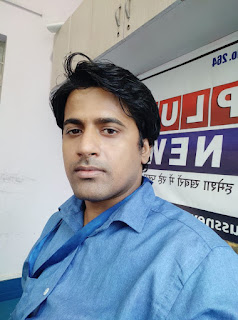Veteran communist and former chief minister Jyoti Basu passed away on Sunday at 11.47 am. CPM state secretary Biman Bose broke the news after all efforts failed to revive the 95-year-old leader suffering from multi-organ failure.
For the last 17 days while he dared the inevitable with his failing organs at a city hospital, India came down to Kolkata praying for Jyoti Basu — a scene Bengal never witnessed after Satyajit Ray. With his passing away on Sunday Bengal lost a voice that Delhi could hardly ignore.
All roads led to the Salt Lake hospital as the news spread in the city. Prime Minister Manmohan Singh described Basu as one of the "great sons of India". Union finance minister Pranab Mukherjee who came to the city on Sunday paid his last tribute calling him a "colossus" in Indian politics. "His death marked the end of an era in Indian politics," said film-maker Mrinal Sen. Basu had donated his body. It will be kept in peace Haven, and the last journey will begin on Tuesday, CPM leaders said.
In a political career spanning seven decades, Jyoti Basu never stepped out of the party line. Except once. Even his unflappable poise cracked in the face of his party’s obstinate resolve not to join the non-BJP, non-Congress National Front government at the Centre after the 1996 Lok Sabha elections. He could have gone where no communist had ever gone in India. The Prime Minister's chair was his for the taking. But the party would have none of it. Basu called the decision a "historic blunder."
But, Basu was not the one to split hairs over what could have been, He never contested the Lok Sabha polls, but continued to influence national politics till the very end.
Born into privilege (his father was a US-trained doctor) and educated in elite institutions ( Loreto, St Xavier’s School and Presidency College), few would have expected Jyoti Basu to grow into one of the most important communist leaders of his time.








 A social journalist, reporting on social and crime happening in the city of Patna along with the other places in the state of Bihar & Jharkhand.
Contact Me at my whatsapp - +91 (8521)(327574)
A social journalist, reporting on social and crime happening in the city of Patna along with the other places in the state of Bihar & Jharkhand.
Contact Me at my whatsapp - +91 (8521)(327574)
कोई टिप्पणी नहीं:
एक टिप्पणी भेजें